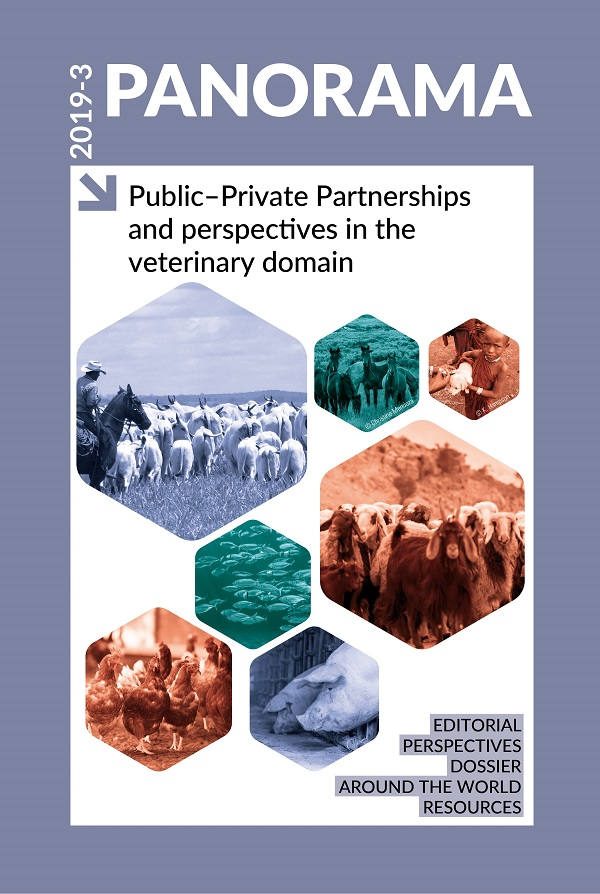Dossier Posted on 2020-01-06 12:52:53
Canada leverages public–private partnerships to keep African swine fever at bay
Keywords
Authors
S. Doyle(1), B. Blackie(1), A. Ellis(1)*, J. Komal(1), F. Seppey(2), A.C. Poulin(2), R. McAlpine(3) & J. Ross(4)
(1) Canadian Food Inspection Agency.
(2) Market and Industry Services Branch, Agriculture and Agrifood Canada.
(3) Government and Industry Relations, Maple Leaf Foods.
(4) Canadian Pork Council.
* Corresponding author: andrea.ellis@canada.ca
The designations and denominations employed and the presentation of the material in this article do not imply the expression of any opinion whatsoever on the part of the OIE concerning the legal status of any country, territory, city or area or of its authorities, or concerning the delimitation of its frontiers and boundaries.
The views expressed in this article are solely the responsibility of the author(s). The mention of specific companies or products of manufacturers, whether or not these have been patented, does not imply that these have been endorsed or recommended by the OIE in preference to others of a similar nature that are not mentioned.
This active collaboration with industry on African swine fever includes:
The ASF Executive Management Board: Senior industry and government representatives provide leadership and strategic direction in coordinating and prioritising activities and providing guidance on the risk management of ASF.
An Action Plan: An ASF Action Plan is being developed to ensure a Canada-wide approach to ASF. The plan outlines government and industry accountabilities, such as:
- testing preparedness plans through national and regional joint exercises
- determining what tools and tactics will be used to mitigate trade impacts, such as zoning and compartmentalisation
- implementing outreach strategies to strengthen import controls and on-farm biosecurity.
International engagement
Canada hosted an international ASF Forum, planned jointly by government and industry representatives from Canada, the United States of America and Mexico, which developed a framework outlining actions to address the threat to the region of the Americas.
Raising awareness
Industry and all levels of government have been working together to broaden awareness of ASF. This information is aimed at:

- producers – through videos, infographics and Web content on feed imports and biosecurity standards
- the general public – using social media campaigns through various government and industry channels
- travellers – through signage in international airports and in-flight announcements.
Coordinated actions by government and industry are essential to help prevent the entry and spread of ASF, and to support emergency response management. Canada will continue to explore and make effective use of additional PPP arrangements in the prevention of ASF.
http://dx.doi.org/10.20506/bull.2019.3.3046










